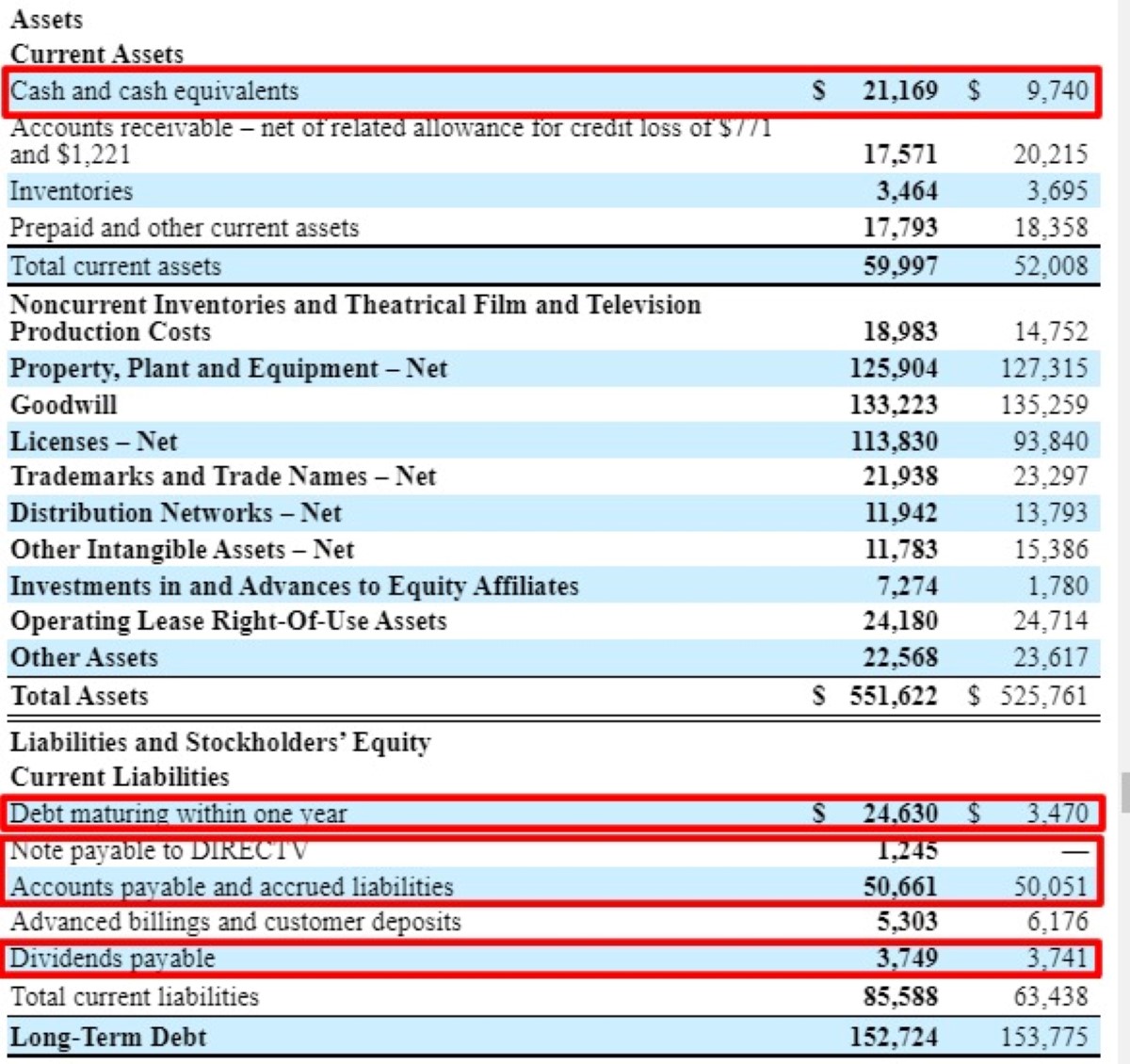Home>Finance>Short-Term Investments: Definition, How They Work, And Examples


Finance
Short-Term Investments: Definition, How They Work, And Examples
Published: January 28, 2024
Discover the basics of short-term investments in finance. Explore their definition, how they work, and get examples to make informed investment decisions.
(Many of the links in this article redirect to a specific reviewed product. Your purchase of these products through affiliate links helps to generate commission for LiveWell, at no extra cost. Learn more)
Discovering the World of Short-Term Investments
Are you looking for a way to grow your wealth quickly and efficiently? Then you’ve come to the right place! In this blog post, we will explore the fascinating world of short-term investments. We’ll define what they are, explain how they work, and provide you with real-life examples. So, let’s get started!
Key Takeaways:
- Short-term investments are financial instruments that are designed to be held for a short period of time, typically less than one year.
- These investments provide investors with the opportunity to earn higher returns than traditional savings accounts or long-term investments.
What Are Short-Term Investments?
Short-term investments are financial instruments that are designed to be held for a short period of time, typically less than one year. They are considered to be a form of temporary parking for your money, allowing you to earn a return while you decide on your long-term investment strategy. Unlike long-term investments, which are typically held for several years or even decades, short-term investments offer quick liquidity, meaning you can access your funds when you need them.
Short-term investments can come in various forms, such as:
- Treasury bills (T-bills): These are short-term debt securities issued by the government. They are considered to be one of the safest investments because they are backed by the full faith and credit of the government.
- Certificates of deposit (CDs): CDs are time deposits offered by banks or credit unions. They have fixed terms and offer a predetermined interest rate over the term of the investment.
- Money market funds: These funds invest in short-term, low-risk securities such as treasury bills, certificates of deposit, and commercial paper.
- Corporate bonds: Some corporations issue short-term bonds to finance their operations. These bonds typically have maturities of one year or less.
How Do Short-Term Investments Work?
Short-term investments work by allowing you to earn a return on your money in a relatively short period of time. The goal is to generate profits through interest or price appreciation within the short investment period. Here’s how it generally works:
- You invest a certain amount of money into a short-term investment of your choice.
- The investment earns a predetermined interest or returns, depending on the type of investment.
- At the end of the investment period, you can choose to reinvest your funds or cash out.
It’s important to note that short-term investments carry varying levels of risk. While some investments, like treasury bills, are considered low-risk, others, such as corporate bonds, carry a higher degree of risk. It’s crucial to carefully evaluate the risk and return profile of each investment before making a decision.
Examples of Short-Term Investments
Let’s take a look at a few examples of short-term investments:
- Treasury bills (T-bills): You could invest in T-bills with a maturity period of three or six months. These are highly liquid and low-risk investments.
- Certificates of deposit (CDs): You could invest in a six-month CD with a fixed interest rate. This provides you with a guaranteed return at the end of the term.
- Money market funds: You could invest in a money market fund that offers competitive returns with minimal risk. These funds are highly liquid and allow you to access your funds whenever you need them.
Remember, these are just a few examples, and there are many more short-term investment options available in the market. It’s important to research and understand each investment opportunity to make an informed decision that aligns with your financial goals and risk tolerance.
In Conclusion
Short-term investments can be a great way to grow your wealth quickly and efficiently. They offer the opportunity to earn higher returns than traditional savings accounts or long-term investments. However, it’s important to carefully evaluate the risks and rewards of each investment option before diving in.
So, whether you’re a seasoned investor looking to diversify your portfolio or a beginner wanting to dip your toes into the world of investments, short-term investments can be a valuable addition to your financial strategy. Just remember to do your research, seek advice from a financial advisor if needed, and stay informed about market trends and conditions. Happy investing!
Key Takeaways:
- Short-term investments allow you to earn higher returns than traditional savings accounts or long-term investments.
- They provide quick liquidity, allowing you to access your funds when you need them.














